Read media coverage of Project LPAC's new research
As the 2020 election cycle ramps up in earnest, we at Project LPAC have a plea to candidates and the organizations conducting outreach on their behalf: as you travel around the country, eating local foods, shaking hands and explaining your priorities on stages large and small, don’t overlook LGBTQ women voters.
Read the rest on the Gender on the Ballot blog, here.
As the 2020 presidential election approaches, a new in-depth survey of LGBTQ women’s political engagement raises questions about how candidates can galvanize LGBTQ women to show up to the polls.
LPAC, a political organization dedicated to raising LGBTQ women’s voices in politics and supporting candidates from the community, oversaw the qualitative and quantitative research survey. The study, conducted by Lake Research Partners over the summer of 2019, shows how LGBTQ women are a distinct political community.
Read the rest at Tagg Magazine, here.
If 2020 candidates want to increase LGBTQ voter turnout, they may try talking with queer women. According to a new study released by LGBTQ women’s super PAC LPACOpens in New Window, just 72% of queer women report they are “almost certain” to vote in November’s 2020 elections, compared to 85% of queer men surveyed.
Read the rest at NewNowNext here.
Ah, the pre-Trump era. What a time! But in a staggering study, just 52 per cent of queer and trans women voted for Democratic nominee Hillary Clinton in 2016.
While Clinton received a surge in support from queer women, a surprising amount did not, opting to vote for third-party candidates or even Donald Trump, research has showed.
Read the rest at PinkNews here.
A new survey shows that only 52 percent of queer and trans women voted for Hillary Clinton in 2016.
A report released by the women’s advocacy group LPAC earlier this week polled 400 LGBTQ+ adults about their overall political engagement. According to their findings, a majority of LBTQ+ women voted for the Democratic candidate during the last election, but a surprising amount did not. Eleven percent cast a ballot for Trump, while 10 percent went for third-party candidates like Jill Stein and Gary Johnson. Twenty-four percent stayed home.
Read the rest at Out Magazine, here.
New research from Project LPAC shows there is significant opportunity for candidates and advocacy groups to gain political support from LGBTQ women. This research, the first in-depth examination of LGBTQ women’s political engagement, also points to specific ways to motivate and engage the country’s estimated 6.4-million LGBTQ women heading into the 2020 election cycle.
Read the rest on the Seattle Lesbian, here.
